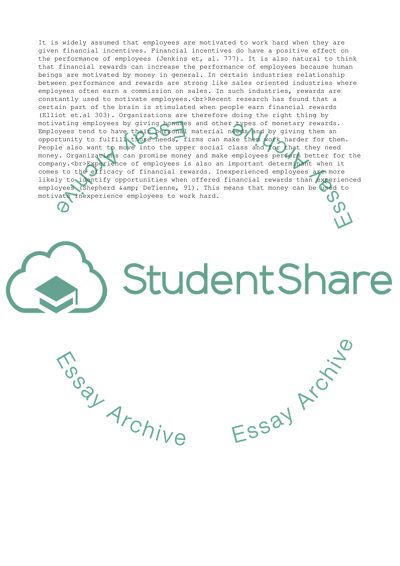Cite this document
(“Motivation: Performance Enhancement and Profit Assignment - 1”, n.d.)
Motivation: Performance Enhancement and Profit Assignment - 1. Retrieved from https://studentshare.org/management/1760886-motivation
Motivation: Performance Enhancement and Profit Assignment - 1. Retrieved from https://studentshare.org/management/1760886-motivation
(Motivation: Performance Enhancement and Profit Assignment - 1)
Motivation: Performance Enhancement and Profit Assignment - 1. https://studentshare.org/management/1760886-motivation.
Motivation: Performance Enhancement and Profit Assignment - 1. https://studentshare.org/management/1760886-motivation.
“Motivation: Performance Enhancement and Profit Assignment - 1”, n.d. https://studentshare.org/management/1760886-motivation.


